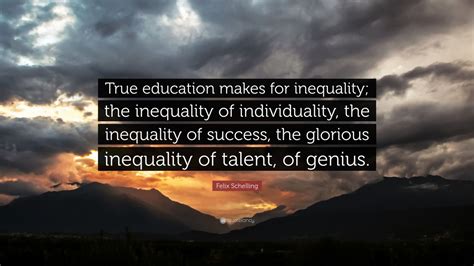A Quote by Noam Chomsky
Through much of its history, the US did not have high inequality as compared with Europe. Less so, in fact. That began to change in the industrial age, reaching a peak in 1928, after the forceful destruction of the labor movement and crushing of independent thought. Largely as a result of labor mobilization, inequality declined during the Great Depression, a tendency continuing through the great growth period of regulated capitalism in the early postwar decades.
Quote Topics
After
Age
Began
Capitalism
Change
Compared
Continuing
Decades
Depression
Destruction
Did
Early
Europe
Fact
Forceful
Great
Great Depression
Growth
High
History
In Fact
Independent
Independent Thought
Industrial
Inequality
Labor
Labor Movement
Largely
Less
Mobilization
Movement
Much
Peak
Period
Reaching
Result
Tendency
Thought
Through
Us
Related Quotes
What we've undergone in recent decades worldwide has been totally insane, and all of this is a result of capitalism. The workforce in Latin America was treated as a vulgar instrument for capital accumulation. Mechanisms of exploitation were imposed, such as outsourcing, labor mediation, and the like.The results are plain to see: greater inequality in Latin America; unemployment is higher than in previous decades; we haven't resolved the problem of poverty; we've lost a great deal of sovereignty.
History is a great teacher. Now everyone knows that the labor movement did not diminish the strength of the nation but enlarged it. By raising the living standards of millions, labor miraculously created a market for industry and lifted the whole nation to undreamed of levels of production. Those who attack labor forget these simple truths, but history remembers them.
We're living through an era of higher income inequality than the country has experienced since before the Great Depression. Meanwhile, most people are running in place, and those in the bottom quintile of the economy are being swept backward year in and year out. A worker with a high school education today is likely to earn less in real terms than did their parents and grandparents in the early 1970s. Not coincidentally, while overall life expectancy is increasing in America, for those with low levels of education it's actually declining.
Through private investment capitalism kept raising the productivity of labor to new heights. Parents were able to earn enough so their offspring did not have to join the work force at an early age. This produced something unique in history: Childhood, a time when the young could experience the innocence of play and opportunity of schooling before entering the world of work.
In less than a century we experienced great movement. The youth movement! The labor movement! The civil rights movement! The peace movement! The solidarity movement! The women's movement! The disability movement! The disarmament movement! The gay rights movement! The environmental movement! Movement! Transformation! Is there any reason to believe we are done?
I was at the World Bank and a commission reviewed our work on inequality for the U.S. Congress or somebody, and the head of the commission said to us: "You are spending taxpayer money to study issues like inequality? Which goes directly against capitalism and growth." That was the perception, that it should not be studied.
The important issue is not how much inequality there is but how much opportunity there is for individuals to get out of the bottom classes and into the top. If there is enough movement upward, people will accept the efficiency of the markets. If you have opportunity, there is a great tolerance for inequality. That has been the saving grace of the American system.
This kind of inequality - a level that we haven’t seen since the Great Depression - hurts us all. When middle-class families can no longer afford to buy the goods and services that businesses are selling...it drags down the entire economy from top to bottom. America was built on the idea of broad-based prosperity... That’s why a CEO like Henry Ford made it his mission to pay his workers enough so that they could buy the cars he made. It’s also why a recent study showed that countries with less inequality tend to have stronger and steadier economic growth over the long run.
What was the good of industrial development, what was the good of all the technological innovations, toil, and population movements if, after half a century of industrial growth, the condition of the masses was still just as miserable as before, and all lawmakers could do was prohibit factory labor by children under the age of eight?




































